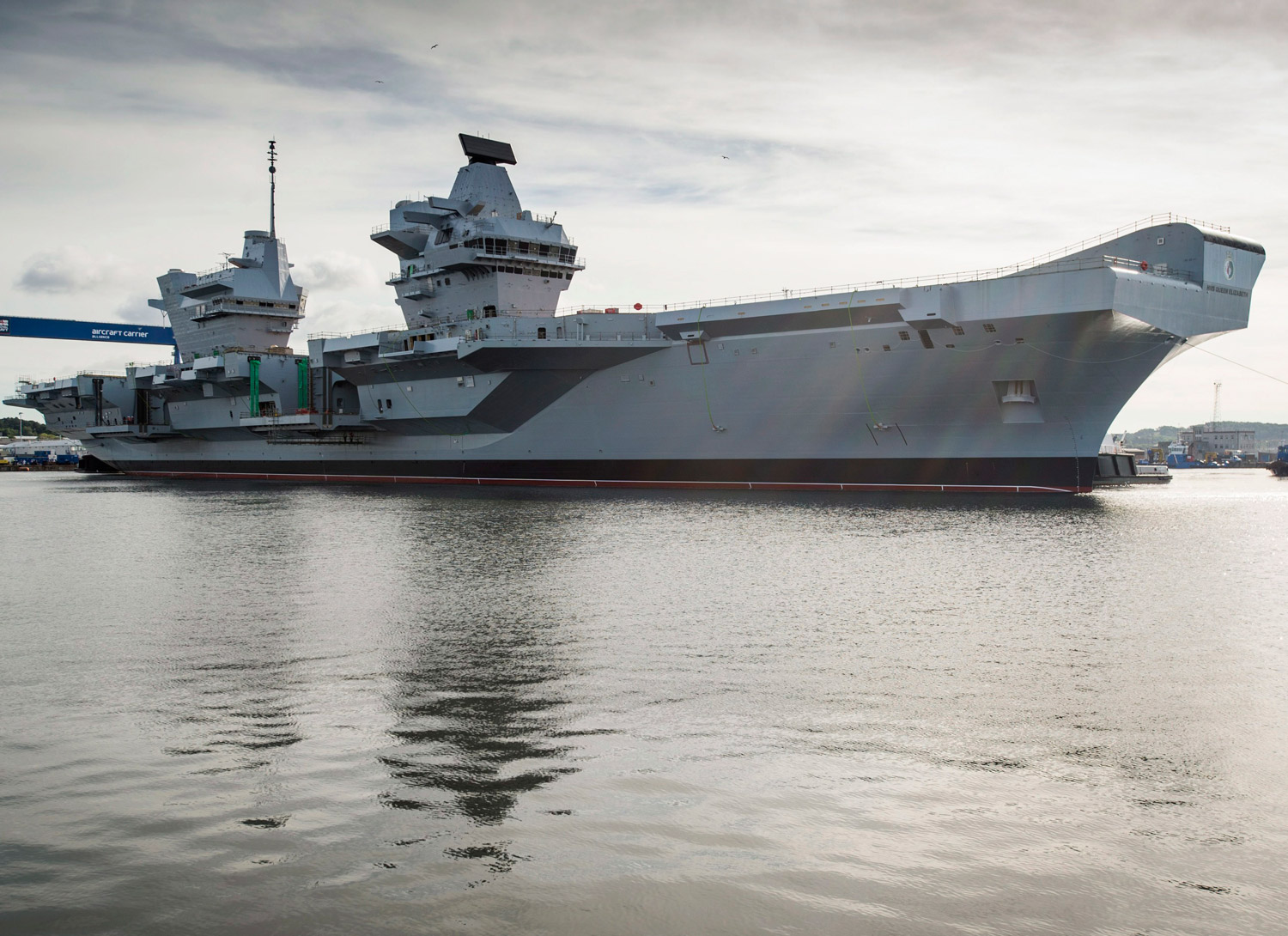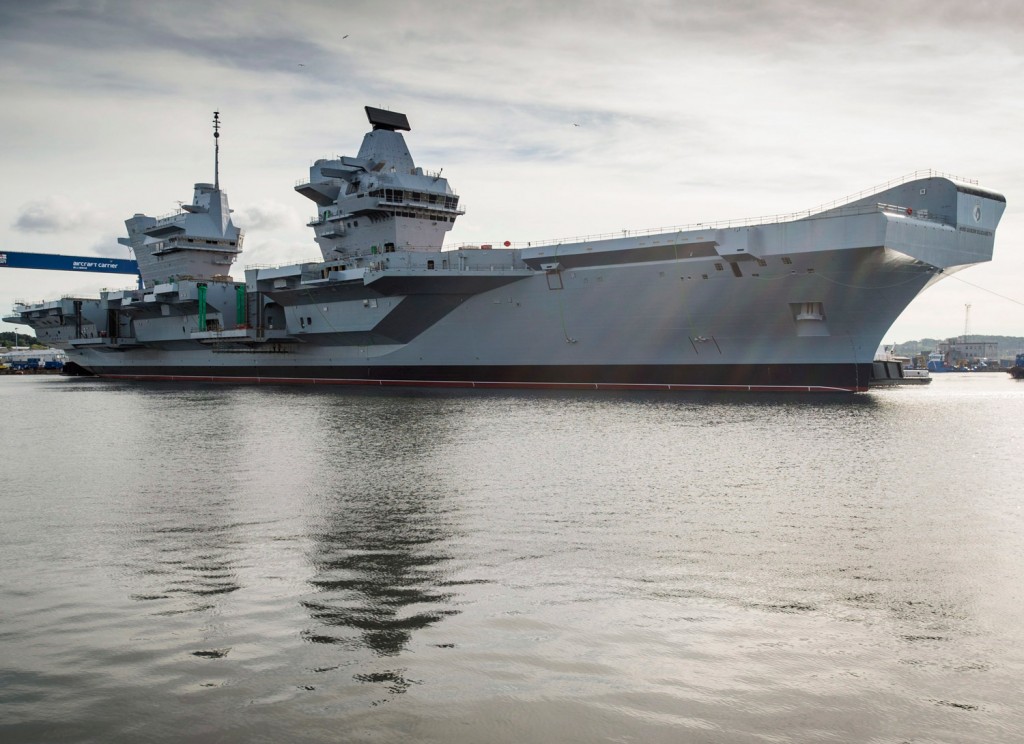By Robert Fox
Source : Evening Standard
Defence spending and planning is now expected to come under severe pressure as a result of the Brexit vote, with a growing possibility of cuts and a new review once a new government is installed in the autumn.
Defence and security featured episodically in the Brexit debate, mostly in issues such as an EU European army and the need for more security forces for stopping illegal migrant trafficking.
Now the slide of the pound against the dollar will mean a number of big defence programmes will have to be scrutinised. “Considering that about 40 per cent of the big defence programmes are tied to the dollar, they are going to have to think hard,” says the pre-eminent independent analyst Francis Tusa.
Major aircraft programmes like the Lockheed Martin F-35 Lightning II for the aircraft carriers and plans for the upgrade and replacement of the Trident nuclear deterrent system will be under examination.
This week the government is due to sign the contract to purchase nine P8 Poseidon torpedo-carrying maritime patrol aircraft from Boeing in the United States. “With the slide in the pound, the whole package could now cost in the region of £4 billion,” says Tusa, publisher and editor of the renowned independent Defence Analysis review.
“That is really very expensive – particularly as there will be very little UK employment involved.” The P8 is to plug the gap after the cancellation of the Nimrod maritime patrol aircraft programme in David Cameron’s first defence review of October 2010.
Recently French, Dutch and other allied aircraft have had to be called in to track Russian submarines round British coasts – because of the capability gap left by the absence of the RAF’s Nimrods.
The MoD took the unusual course of placing the order directly with Boeing, without running a full competition. Cheaper alternatives are available to the P8 such as Airbus C295 turboprop, which is partly British built.
Even before Brexit there was a growing belief that the defence budget — at roughly £34 billion a year — was overstretched, and would need revising.
Large naval building programmes such as the two aircraft carriers now being completed at Rosyth and the requirement for a new frigate, the Type 26, currently costed at £650 million each, are coming under pressure – the initial plan for 13 of the new frigates has now been cut to eight.
This autumn the government was due to sign initial contracts for the main building phase for the four large submarines and new warhead for the Trident nuclear ballistic missile programme. This has now been blown off course by Brexit and may not take place till next year as Trident renewal will have to be debated and approved by parliament.
Crispin Blunt, chairman of the influential Foreign Affairs Committee of the House of Commons recently published his estimate that the Trident renewal programme could cost £182 billion at today’s prices for a 32 year programme beginning in 2028 – the date the present Vanguard nuclear submarines are due out of service.
“At that price, I think it’s pretty unaffordable,” Blunt has said.


